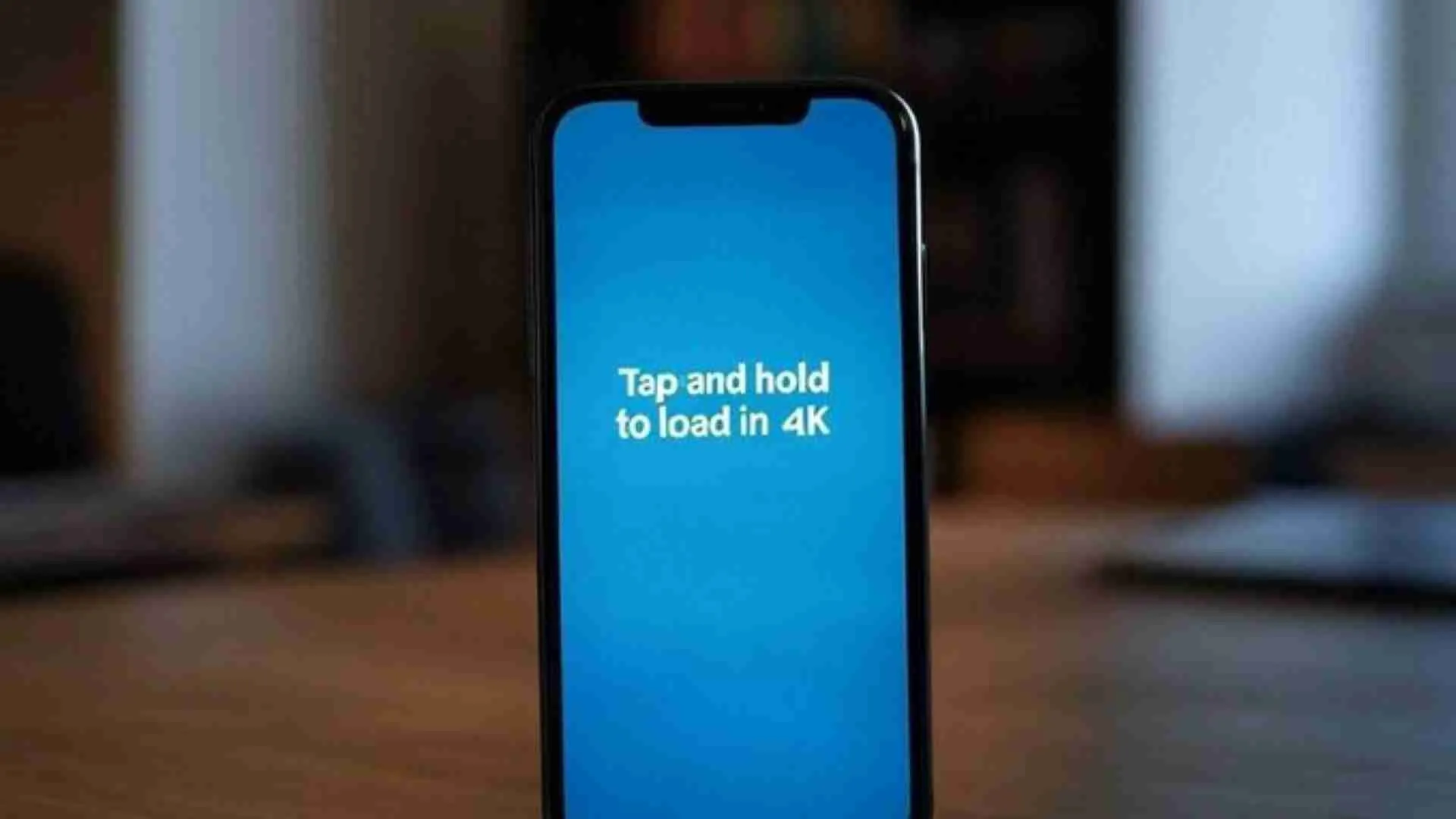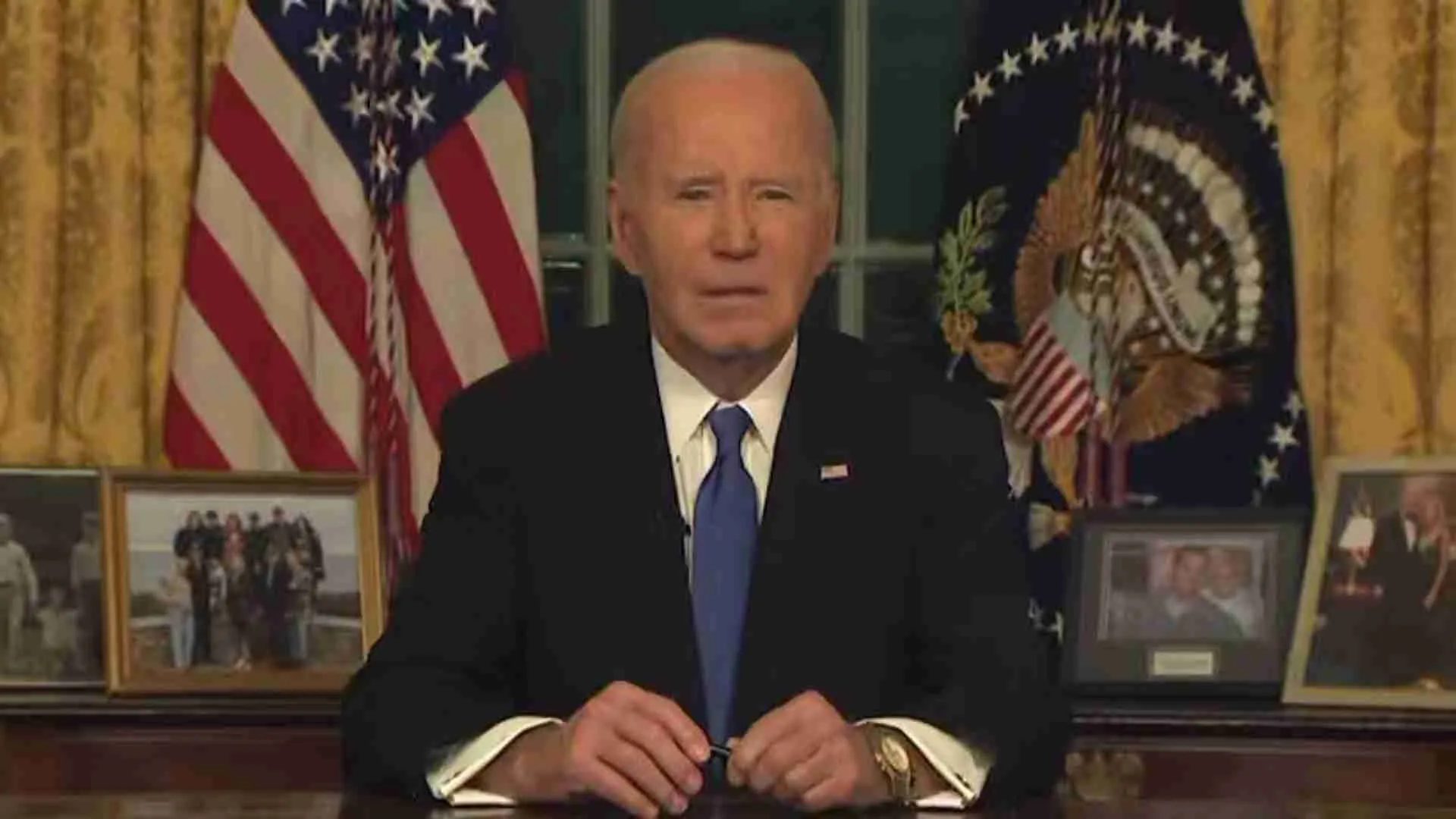Over 700 individuals have been wrongfully convicted, with at least four suicides, a pregnant woman sent to jail, bankruptcies, broken marriages, and ruined lives, constituting one of the most egregious miscarriages of justice in British history. Despite years of reporting by campaigners and investigative journalists, this shocking tale remained largely unnoticed until the recent airing of the ITV drama series, “Mr. Bates vs. the Post Office,” which began on Jan. 1.
The series unfolds the plight of Post Office branch operators across Britain who faced false accusations of theft due to the malfunctioning Horizon IT system, leading to fabricated financial shortfalls in their accounts from 1999 to 2015. Pursued relentlessly by the Post Office in court, many were unjustly jailed, driven into financial hardship, faced mental health issues, and some tragically took their own lives.
The gripping drama, in just one week, achieved what politicians struggled with for a decade—breaking through bureaucratic and legal obstacles, prompting Prime Minister Rishi Sunak to promise a new law for the exoneration and compensation of all known victims. Simultaneously, the police announced an investigation into possible charges against Post Office officials who had long denied the IT system’s fault. Paula Vennells, a former Post Office boss, even returned an honor bestowed by the queen in 2019 amid public outcry.
The TV series’ impact raises the question of how it surpassed the efforts of investigative journalists and politicians over the past decade. Gwyneth Hughes, the show’s writer, suggests that while journalism appeals to intellect, drama is designed to touch the heart. Media professor Mattias Frey notes the enduring power of terrestrial TV to shape public perception and fuel broader public debate, calling it an “old-fashioned water cooler moment.”
Patrick Spence, the executive producer, expressed surprise at the series’ massive reaction, reaching nine million viewers. He believes the drama unintentionally became a state-of-the-nation narrative, revealing a deeper truth about public disillusionment and mistrust in those meant to protect them.
The Post Office, typically portrayed benignly in British life, has faced a damaging scandal, with an official inquiry established in 2020 and over £148 million already distributed in compensation. However, of the 700 criminal convictions, only 93 have been overturned, angering campaigners.
Since the drama aired, more victims have come forward, shedding light on the harrowing experiences of those who died before receiving compensation. The series portrays victims like Lee Castleton, whose life unraveled due to false Horizon account discrepancies. Castleton’s story, among others, forms the emotional core of “Mr. Bates vs. the Post Office.”
The protagonist, Mr. Bates, played by Toby Jones, emerges as a determined and resilient character who, like other victims, faced initial dismissal by the Post Office. Forming a group, they battled setbacks to achieve a remarkable victory in court, portraying the underdog narrative that resonated with viewers.
Despite the slow pace of justice, politicians like James Arbuthnot and Nadhim Zahawi have supported the victims’ cause. The former Post Office boss, Paula Vennells, is depicted as an unyielding defender of the institution’s reputation in the face of victims’ suffering, adding a surprising layer as an ordained Anglican priest.
The Japanese company Fujitsu, responsible for the flawed Horizon system, is also under scrutiny, with politicians seeking compensation recovery. However, media professor Frey cautions against oversimplifying the complex situation, emphasizing the risk of undifferentiated pressure on politicians.
Writer Gwyneth Hughes shares similar concerns, hoping for a fair resolution for the sub-postmasters but wary of potential complications. The series, inadvertently becoming a catalyst for change, leaves the task of addressing the aftermath to those responsible.























